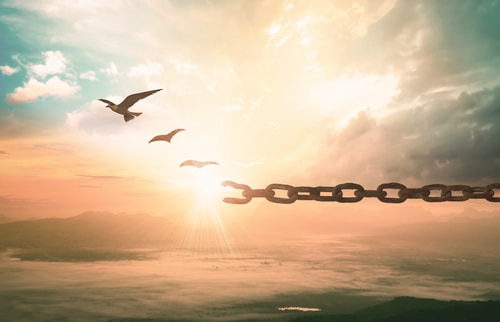The hope of nations
Asia Bibi is finally free but many Christians still long for religious liberty
After years of prayers and campaigning, Asia Bibi has been allowed to leave the Islamic Republic of Pakistan and is now reunited with her family who fled to Canada. She is finally free.
The ordeal of this humble farm labourer with four children began a decade ago, in June 2009, with an argument over a bucket of water, which was deemed unclean by a group of Muslim women after...
After being beaten up by a mob at her home, her accusers said that she had confessed to blasphemy. This led to an investigation by the police, which was dubious, and resulted in Asia being...
Despite calls by Islamist groups in January this year to reject her exoneration being dismissed, Asia needed to be hidden in a secret location for her own protection due to the number of death...


